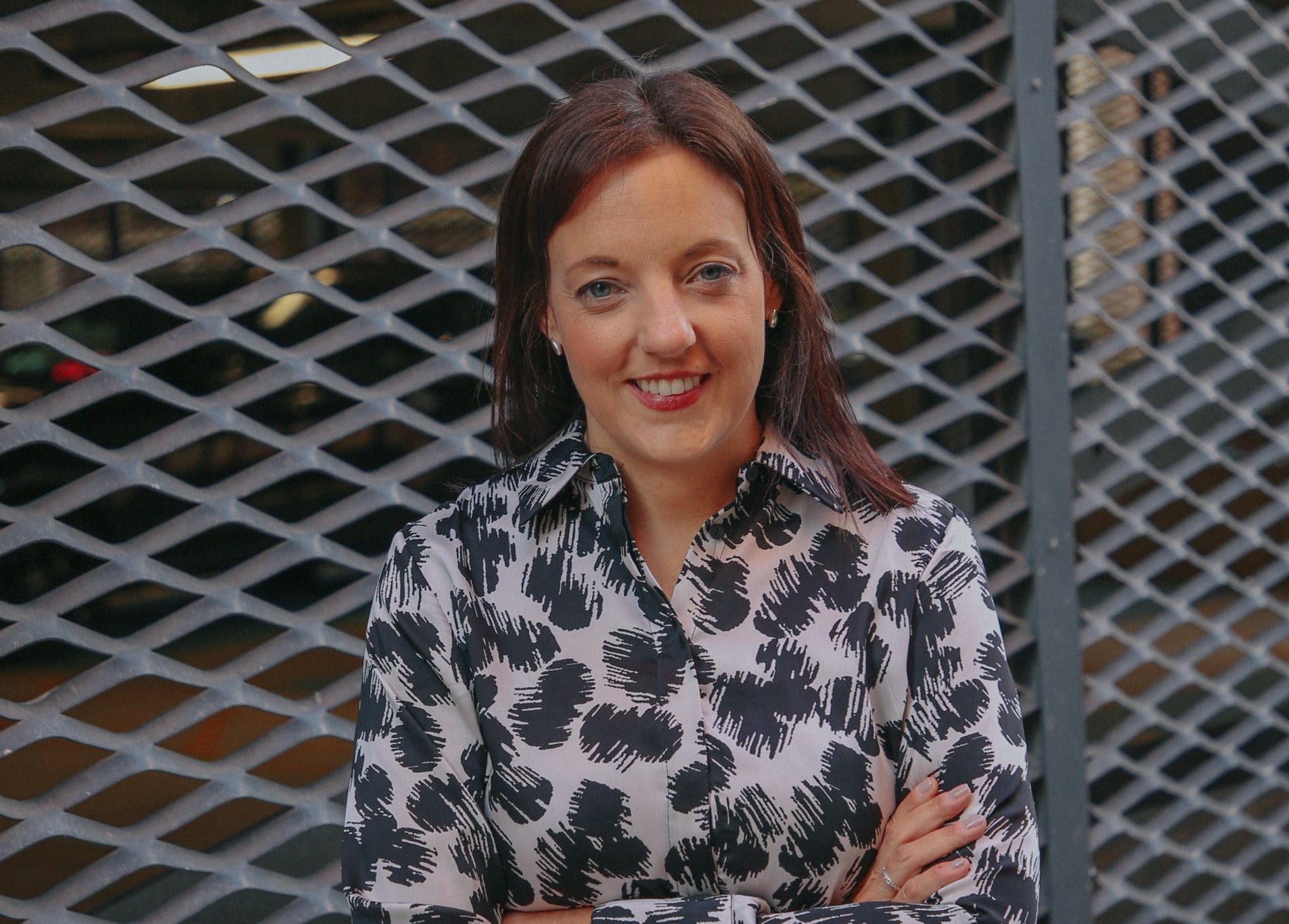Birmingham is a ‘Yes City’ for transformational development
10.05.23 5 min read

Following the Birmingham 2040 Conference, Maggie Grogan, Muse’s Managing Director in the Midlands, considers how Birmingham is realising a long-term vision to unlock the city’s potential.
Birmingham is on a course of rapid change. You need only look up and see the cranes across the city’s skyline to witness the scale and pace of the city’s transformation.
It is the culmination of a generation’s work. A city presiding over an infrastructure revolution with HS2 and an advanced Metro network at its heart. However, the city is now forming a new long-term vision to unlock regeneration, city parks, and green spaces.
Set to be announced at UKREiiF later in May, Our Future City Plan is an ambitious vision for Birmingham City Centre. It will capitalise on infrastructure investment, but also Birmingham’s culture, people, and heritage as a platform for growth.
Importantly, it will also seek to unlock huge swathes of the city centre by re-imagining Birmingham’s inner-city network of dual carriageways, ring roads, and pedestrian routes to create vibrant new spaces, city parks and green hearts.
A bold vision
For the UK’s Motor City, it is a bold vision. It’s a vision which will require effective public-private partnership. Investors, developers, communities, and the City Council will need to work side-by-side to deliver.
That is not to say we must always agree – tension also drives innovation. However, there must be alignment around a central vision. This common vision is articulated through the Our Future City Plan which will drive transformational change.
UKREiiF is the first opportunity the built environment community will have to digest, comment, and absorb the vision in full. We welcome Birmingham City Council’s commitment to giving stakeholders and the city’s community the opportunity feedback on this vision once published. By bringing together insights and experiences from across Birmingham, there is a unique opportunity to create a framework which has the backing and support of the city to bring Birmingham’s next chapter to life.
Working in partnership
Of course, Birmingham has a strong pedigree of partnership working. Embracing the full potential of HS2, for example, requires such alignment and collaboration. Through collaborative working the city is leveraging the project. It is turning a railway into something more, benefitting the lives of residents across the wider region.
Muse is the development partner for Arden Cross. The £3.2bn regeneration opportunity enabled by the HS2 Interchange Station at Birmingham International. It is an opportunity to drive collaboration and draw down the benefits of HS2.
Working in partnership with stakeholders across the city and region, we are developing a compelling vision and masterplan. Ambitious in scale, it will create a new community which promises to enrich Birmingham and the wider region.
As we move forward, I have been delighted to join senior figures from across the city to discuss the value of collaborative public-private partnership to address the challenges which face Birmingham and the wider region, working towards that common vision.
With ambitious new plans and opportunities on the horizon, Birmingham has proven that it is a ‘Yes City’. By continuing to bring all its partners together, the city will capitalise on its strengths and deliver a prosperous future for its residents.